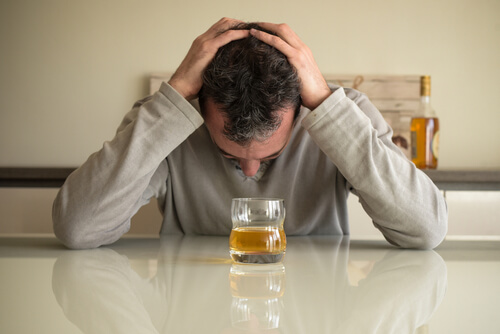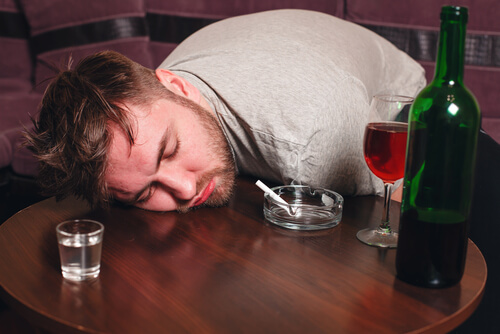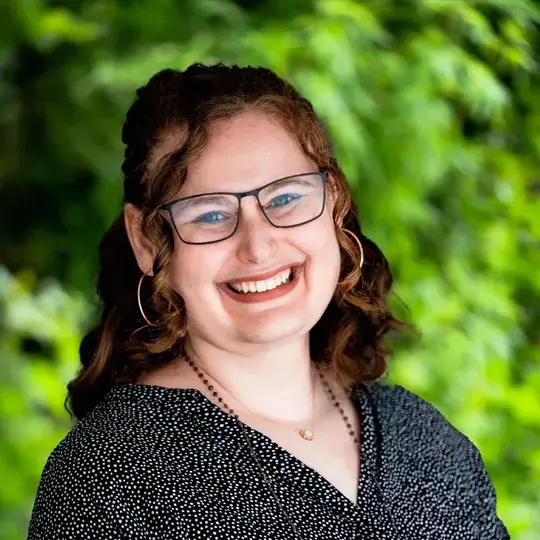If you’re wondering if alcohol is considered a drug, you’re not alone. When people list drugs they know, they usually start with heroin, cannabis, or meth. It’s easy to forget that alcohol, the most popular and globally legalized mood-altering substance, is a central nervous system depressant. This puts it under the same category as cannabis, heroin, and benzodiazepines.
This article explains why alcohol is a drug, how it compares to other substances, and if substances need to be addictive and have side effects to be considered a drug.
Is Alcohol A Drug?
Yes, alcohol is a drug, but not a controlled substance. However, the US federal government regulates its production, distribution, and sale through the Alcohol and Tobacco Tax and Trade Bureau and the Bureau of Alcohol, Tobacco, Firearms, and Explosives. Which is why liquor licenses exist and the production of any spirits (moonshine) without a license is illegal.
Most people don’t consider alcohol a drug because of one simple statement when referring to substances: “drugs and alcohol.” This misleading statement implies that alcohol is not a drug itself, and due to its popularity and legality, its become the norm for almost every restaurant, grocery store, and gas station to carry wine, liquor, beer, or alcoholic seltzers and mixers. Alcohol has also been marketed and added to typical non-alcoholic drinks like slushies, teas, and kombucha.
The abundance of alcoholic drinks can cause people to forget it’s a psychotropic and addictive central nervous system depressant that slows down your brain activity, similar to Ambien, Xanax, and Valium.
Note: Alcohol is actually illegal in several countries including: states in India, Bangladesh, and the Maldives.

Compared To Other Addictive Substances
Compared to other addictive substances, alcohol can become a coping mechanism when an individual’s mental health is struggling. Alcohol is also the third leading preventable death in the United States, causing almost 100,000 deaths each year. Even though it’s addictive, people tend to use mood-altering substances to make mild and infrequent anxiety and stress disappear. However, this subconscious link between feeling negative emotions or wanting to improve your mood and drinking alcohol can lead to dependency. Soon, your original coping mechanisms for stress relief or mood-boosting activities can be replaced with drinking or incorporating alcohol into an event.
Abusing alcohol or using it every time you feel negative emotions can quickly lead to addiction and, worst of all, withdrawal symptoms. If you notice yourself experiencing withdrawal symptoms when you try to quit or cut back on alcohol, chances are you developed a dependency, similar to how dependencies develop with nicotine, caffeine, and opioids.
Alcohol Addiction Rates Vs Opioids & Benzos
- Alcohol: 29.5 million people (10.6%) aged 12 and older had AUD in 2021.
- Opioids: As of 2023, approximately 3 million US citizens have had or currently suffer from opioid use disorder, with over 500,000 dependent on heroin.
- Benzodiazepines: 5.3 million US adults reported misusing benzos.
Take a free alcohol use disorder assessment here.

Do Substances Need To Be Addictive To Be “Drugs?”
No, substances don’t need to be addictive to be drugs. The American Psychiatric Association classifies drugs as any substance, excluding food, that affects or influences motor, sensory, cognitive, and other bodily functions. Many people can have one or two alcoholic drinks without feeling driven toward consuming more. While others can crave the taste of alcohol and become irritable until they satisfy this seemingly uncontrollable urge. Other substances can cause this as well, including caffeine. If your daily morning coffee isn’t available, you’ll most likely feel irritable and off without your regular caffeine intake.
Although alcohol can mellow you out or comes in tasty cocktails or fancy labels, it’s not the ethanol that’s addictive. It’s the reasons why individuals are drawn to it that form the addiction. If all alcohol tasted like the most potent moonshine, chances are people would be less tempted to drink it often. But, since it can taste good and lower inhibitions, it becomes an easily available coping mechanism, especially for unrecognized mental health disorders. Once the cycle of feeling negative is combined with alcohol, a dangerous dependence is unlocked.
Read more: Is Shaking After Drinking Normal?

Do Substances Have To Have Side Effects To Be “Drugs?”
No, substances like alcohol don’t have to have side effects to be drugs. Some individuals have high alcohol tolerance, while others can feel buzzed or sick within a few sips. Side effects range from person to person, consistent with how substance use disorders develop.
But most addictive substances, including alcohol, have uncomfortable short and long-term side effects, especially if abused for a long time. Some side effects diminish and don’t permanently affect your body, while others can last much longer, leaving behind physical and mental scars.
Short-term effects of alcohol include:
- Impaired judgment and thinking
- Lowered inhibition
- Slurred speech and drowsiness
- Loss of balance and disorientation
- Blackouts and alcohol poisoning
- Nausea and vomiting
- Delirium Tremens (hallucinations, seizures, psychosis)
Long-term effects of alcohol include:
- Depression and anxiety
- Brain damage and brain cell death
- Stroke
- High blood pressure
- Liver disease
- Sexually related disorders such as erectile dysfunction
- Stomach (gastric), pancreatic, prostate, oropharynx, larynx, esophagus, skin, liver, colon, rectum, and breast cancer
Read more: How Does Alcohol Affect Sleep?
Contact Launch Centers For Alcohol Addiction Treatment
If you or someone you know is struggling with alcohol abuse and wants professional and compassionate help, contact Launch Centers in Los Angeles, CA. Our alcohol addiction treatment program is the perfect place for individuals to heal and recover from the damaging effects of alcohol. Most clients who look into drug rehab aren’t sure what program or therapy methods work for them. Our admissions agents are prepared to answer any questions, including how our programs work, what therapies we offer, and the insurances we accept.






